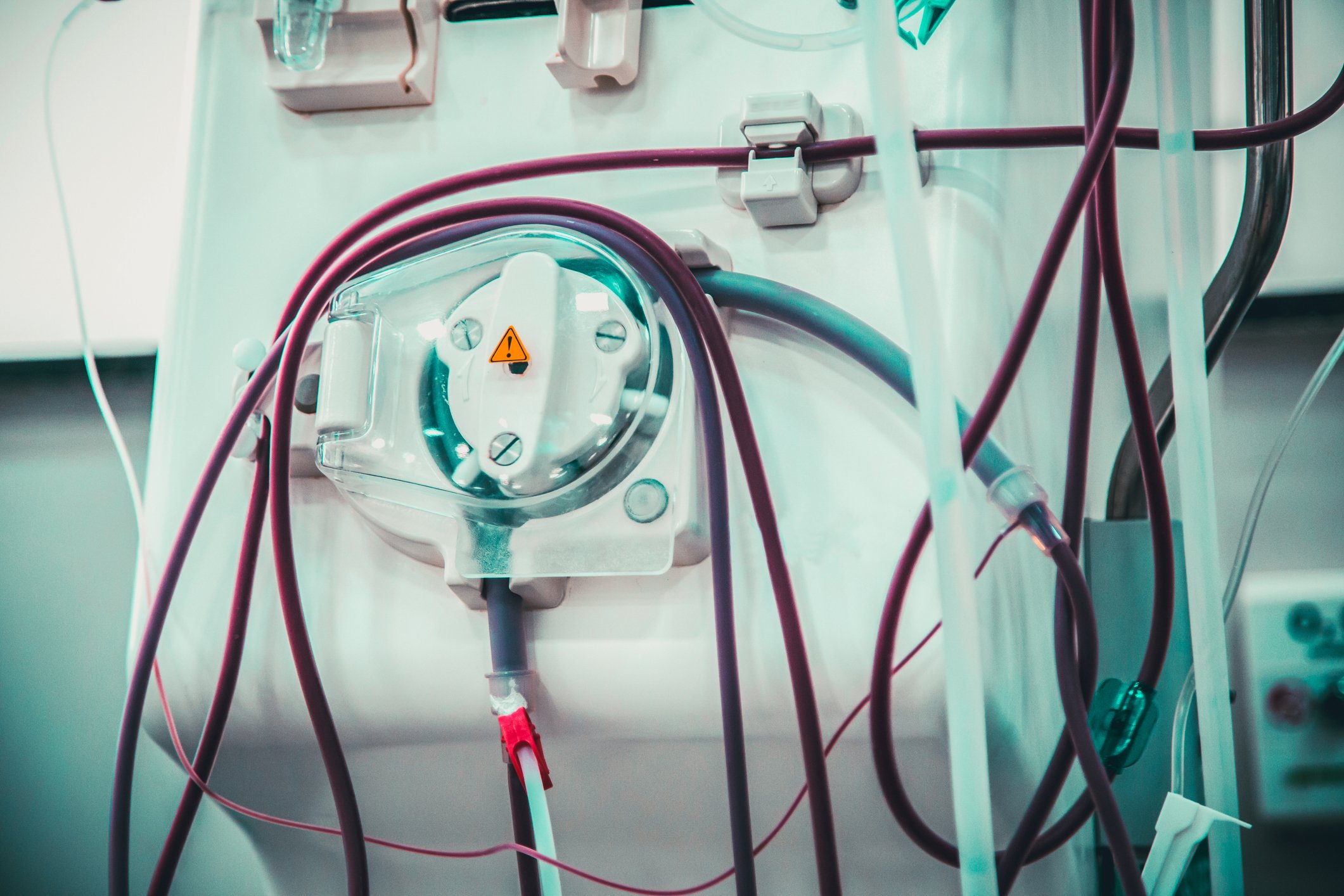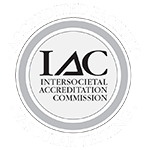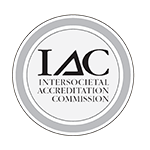
Facing kidney failure has to be one of the toughest things one may undergo in their life. When your kidneys don't function as they should, your life takes a detour from the direction you had envisioned. This deviation means seeking the necessary treatment help through hemodialysis.
As part of the preparations to administer dialysis, you will have to undergo a procedure that creates an arteriovenous (AV) fistula or graft, as these are the two preferable types of access creations available to get dialysis done. However, it is important to understand that there is no perfect hemodialysis access and most patients will experience some type of problem with the function of their access which can impact their dialysis.
Enter the fistulagram.
What Is a Fistulagram?
A fistulagram is an X-Ray procedure meant to identify problems with blood flow through dialysis access. Issues with the AV fistula or graft could impact your dialysis treatment. The fistulagram is a minimally-invasive procedure meant to detect problems such as clots or narrowing. The procedure is conducted with the help of a contrast dye that highlights the problems on an X-Ray. The fistulagram will highlight the areas of the AV fistula or graft that have an issue, and also look at the surrounding veins and arteries.
The results from the X-Ray will determine what actions your vascular surgeon will take. In case there is a problem, some intervention will be needed to help restore adequate blood flow. You may need to inform the practitioners if you are taking any blood thinning medications, and they will advise you whether you need to stop taking them before the procedure.
What to Expect During the Procedure
When you arrive for the procedure, the nursing staff will welcome you into a procedure room. You are then going to get on a table and the nurses will track your vitals using a monitor. You may also be asked to change into a sterile drape or gown covering you from the shoulders to your feet. The staff will clean the skin covering the AV fistula or graft site, and then administer medicine to numb the area. In some cases, you may also be given medication on your other arm to help you relax.
Once the skin is numb, the vascular surgeon is going to insert a catheter which will be used to inject the X-Ray dye. The dye enables the doctor to see what's causing the dialysis access to be problematic. Once the procedure is complete, the catheter is removed and pressure is applied over the puncture site. You are then brought to a post-operative area where vitals are checked once again, and also to ensure the bleeding has stopped.
Why Is It Necessary?
A fistulagram can reveal various issues like:
- Blocked vessels (occlusion)
- Narrowed vessels (stenosis)
- Enlarged vessels (a possible indicator of Steal Syndrome)
Depending on what the results have shown, you may need to undergo a procedure appropriate to your problem. The procedures are:
- Angioplasty, which is used to widen the narrowed section of the fistula or graft.
- Miller Banding Procedure to limit the flow of blood in enlarged vessels.
- Thrombolysis uses medication to get rid of blood clots.
- Thrombectomy is the removal of blood clots.
A fistulagram is indispensable in correcting the problem while helping to prevent unnecessary invasive procedures. The real-time nature of those images can solve the issues immediately and also provide doctors with a treatment course to take. The only downside of a fistulagram is that small bruises can appear at the needle puncture site.
At The Cardiovascular Care Group, we pride ourselves on our dedication involving the study and treatment of conditions concerning blood vessels. Hemodialysis is an important component of care. Patients who cannot access valuable treatment can experience a decreased quality of life.
If you or someone you know have any questions or concerns about hemodialysis access, treatment or intervention, contact one of our board-certified vascular surgeons today. We’re here to help you and keep you healthy!








_2.jpg)